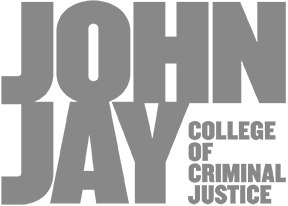Professor Contributes To Exhibit Showcasing Efforts By Artists And Scholars To Resist Destruction Of Art And Antiquities By ISIS
http://www.wellesley.edu/news/2016/january/node/80516#sthash.nacHt7k0.dpuf
Wellesley College
The Islamic State in Iraq and Syria (ISIS), also called Daesh, has engaged in a systematic campaign to destroy irreplaceable cultural artifacts across the region. Erich Hatala Matthes, assistant professor of philosophy, recently contributed to the scholarly projects associated with The Missing: Rebuilding the Past, the “first exhibit to showcase the efforts of artists and scholars to resist ISIS and other forms of destruction of the past through creative and innovative reactions, protests, and reconstructions.”
Matthes studies moral and political issues surrounding cultural heritage, art, and the environment, along with the themes that unite these areas of inquiry, such as preservation, access, and control. In a video for the project, he discussed the role that claims of universal value play in debates about who should own cultural heritage. “My contribution is about some of the broader conceptual issues that attend our thinking about heritage,” he said in an email. “The destruction of cultural artifacts and symbols has a long history as a tool of political control.”
According to the exhibit website, the destruction of cultural property is meant to show Daesh’s power by convincing people of the West’s helplessness to protect historic works. According to the site, artists and scholars participating in the exhibit show, “this is a false message [because] there are many ways, from the creative to the technical, in which the destroyed past can live again.”
Matthes said the events taking place in Syria and Iraq are mired in fundamental questions about how we relate to the past. He said he hopes his contribution to this project, which draws on ideas from two of his published papers, will serve as an example of how academics, especially in the humanities, can bring aspects of their research to a broader public.
“Philosophy involves examining some of the most fundamental concepts that people use to understand and navigate the world,” he said. “I think it is really an essential aspect of a liberal arts education. The investigation of any topic is based on a large set of assumptions—about values, about concepts, about methodologies—philosophy offers an opportunity to step back and question those assumptions.”
Although recent events were the catalyst for the exhibit, Matthes said it takes those events as an opportunity to reflect more broadly on themes concerning heritage, its destruction, and preservation. “I think the exhibit does a fantastic job exploring a range of artistic and scholarly responses to these themes, and I hope that it prompts people to reflect on the role that cultural heritage plays in our lives, from the everyday to the international political arena,” he said.
The Missing: Rebuilding The Past is on display at John Jay College of Criminal Justice (City University of New York) through February 5.
